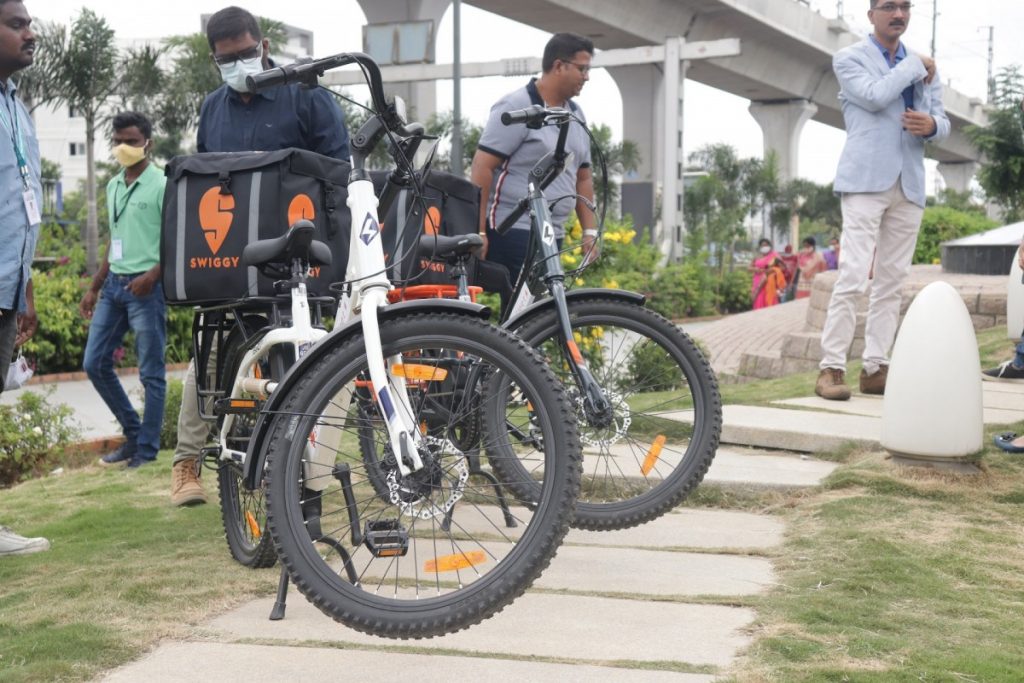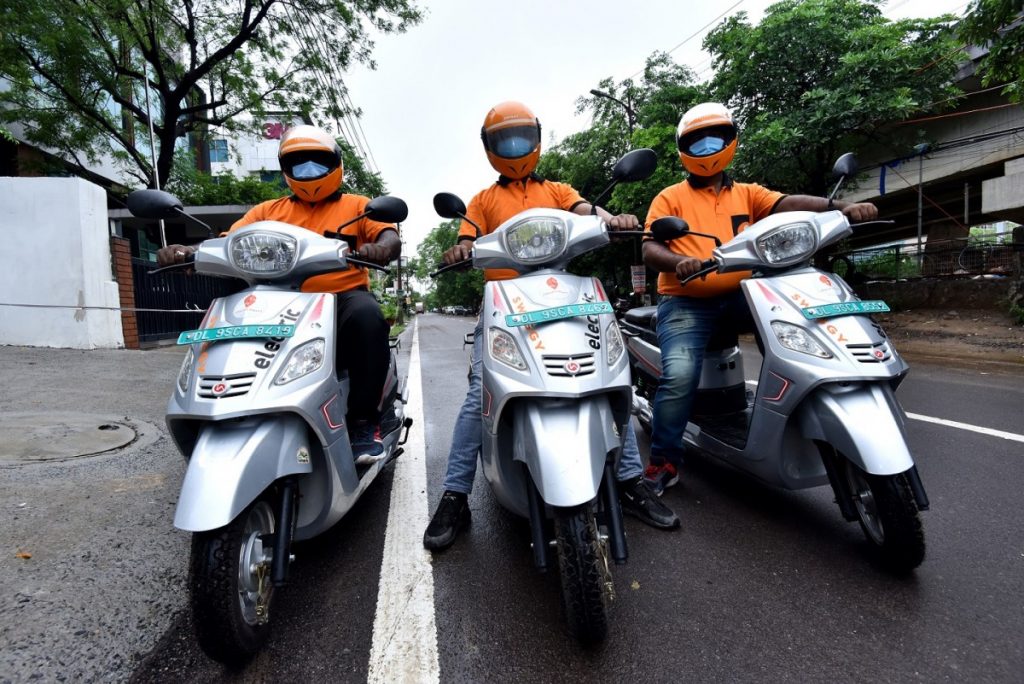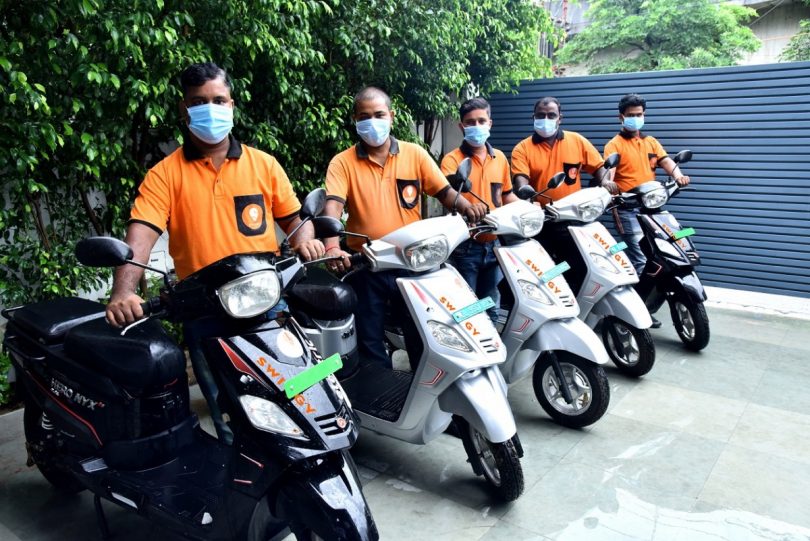Swiggy India commits itself to enhance the electric vehicle ecosystem in the country. The company mentioned that it will increase the deployment of electric vehicles in its delivery fleet. The aim is to cover 8 lakh km every day on electric vehicles by the year 2025. To fulfil this initiative, Swiggy has partnered with Reliance BP Mobility Limited. Both the companies will work closely to upscale and enhance the e-mobility sector. Swiggy has also made a partnership with Hero Lectro and the UK based end-to-end delivery player. EVs are much more efficient than their ICE-powered counterparts. And, as per studies, the introduction of EVs in the delivery fleet will increase the saving by almost 40 per cent.
Swiggy Partners With Reliance BP Mobility And Hero Lectro
Currently, the charging infrastructure in the country is relatively narrow and slim. And hence, Swiggy wants to leverage its technology and logistics prowess to enhance the e-mobility infrastructure. As per plans, Swiggy and Reliance BP Mobility will install battery-swapping stations every few kilometres. Battery swapping is a relatively new thing in India. But, it is one of the easiest and convenient ways of increasing an EV’s range. On a single charge, these batteries can last up to 65 to 80 km.
Its partnership with Hero Lectro and Fast Despatch logistics will aim to deploy electric cycles for last-mile deliveries. Currently, this implementation has started in Hyderabad, with plans to expand to more cities soon. One of the key advantages of electric cycles is that they do not require charging or battery swapping when the charge runs out. The rider can easily pedal to his required destination. These cycles give a riding range of around 70 to 75 km per charge with a top speed of 25 kmph.
Food Chain Companies Pushing For EVs Into Their Delivery Fleet
Recently, Dominos Pizza had also announced its plans to include electric vehicles in its delivery fleet. With more food chains coming in, we can expect this to become a norm. Electric vehicles are perfect for these last-mile delivery trips. As they are much more efficient, cost-effective and maintenance-free.
Also Read:




